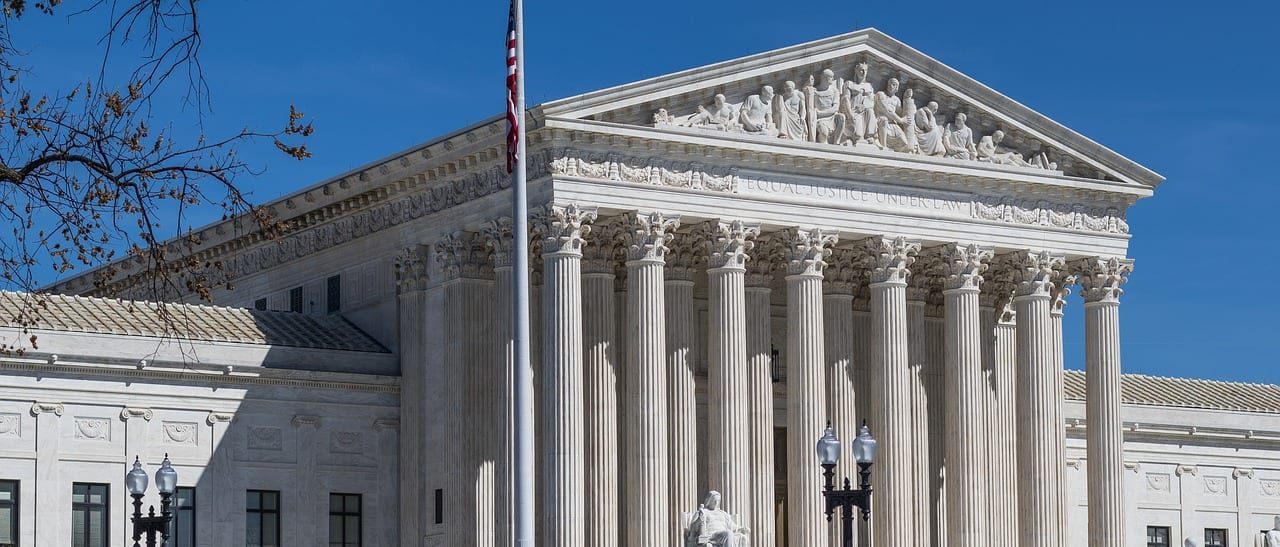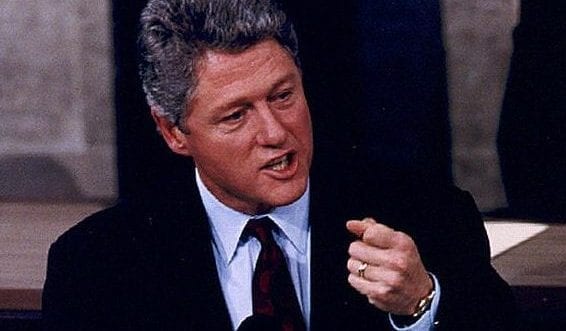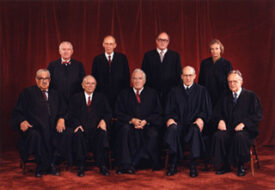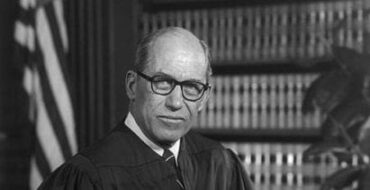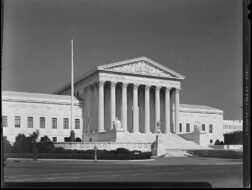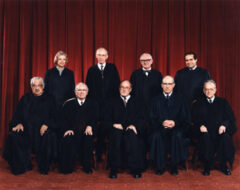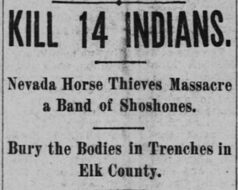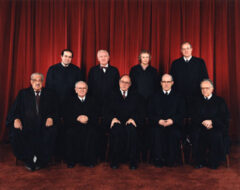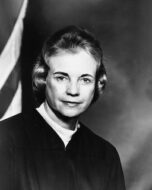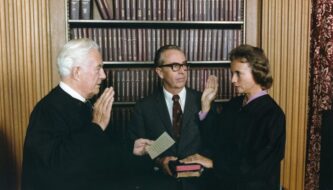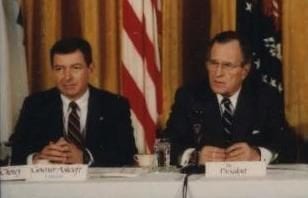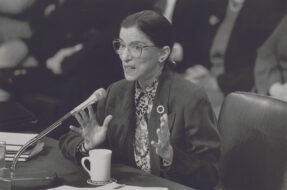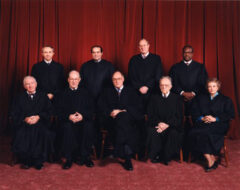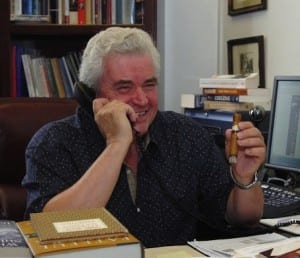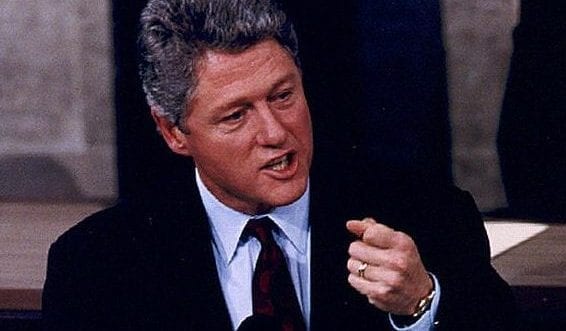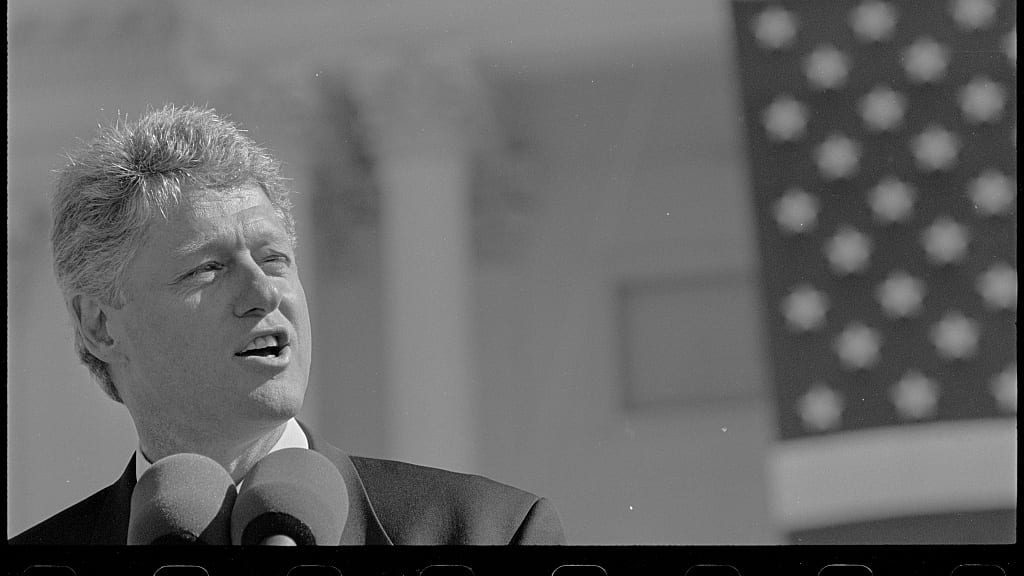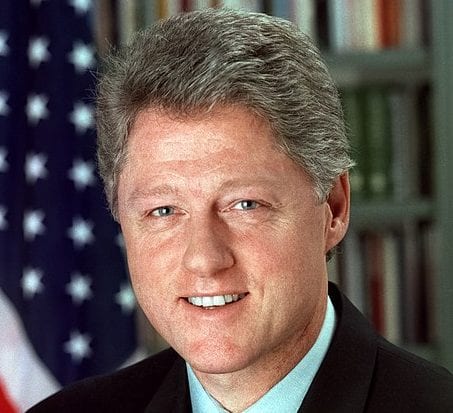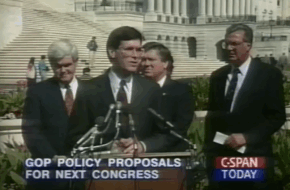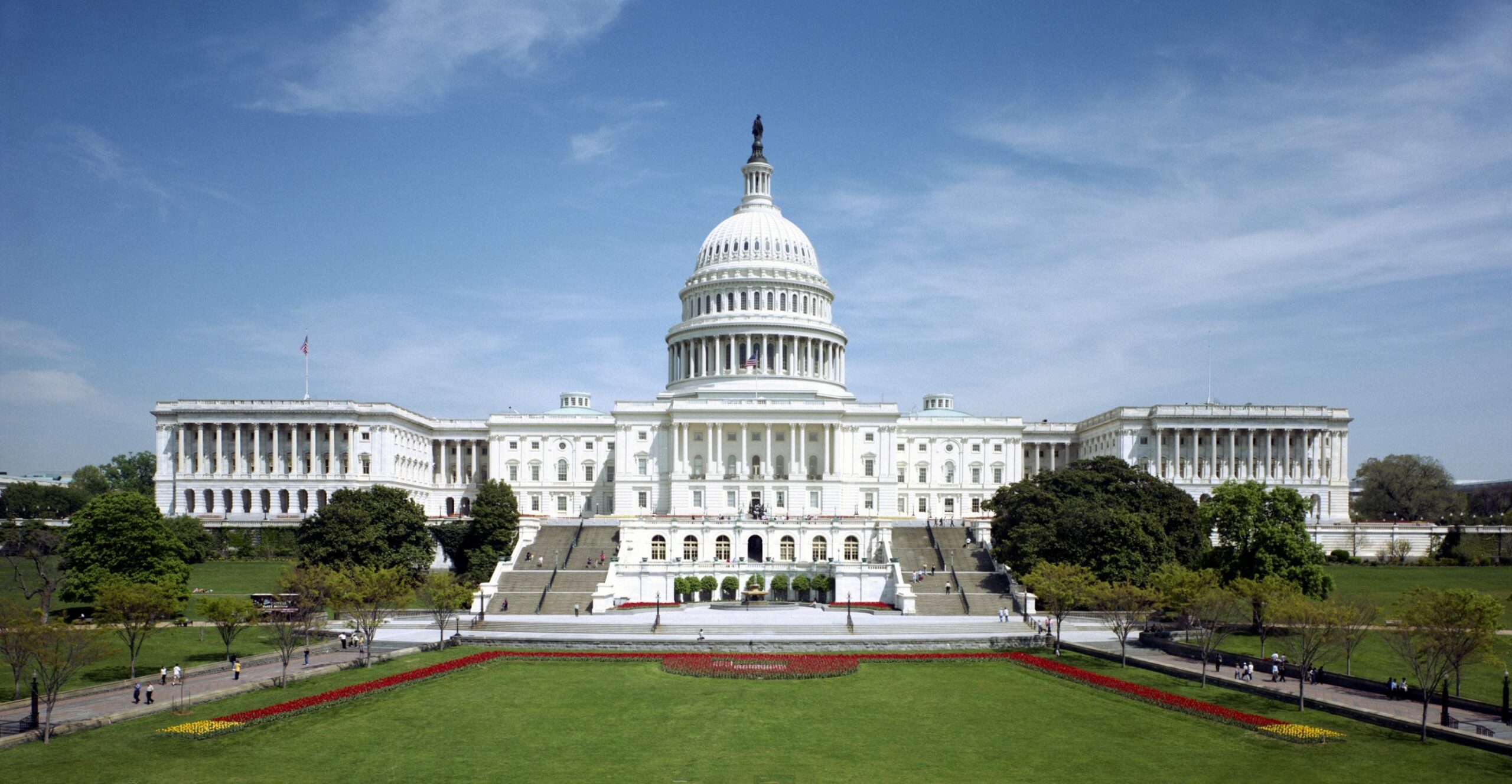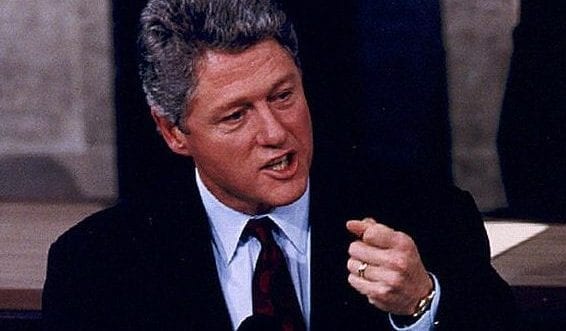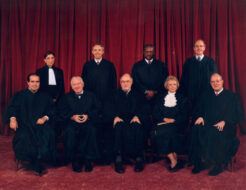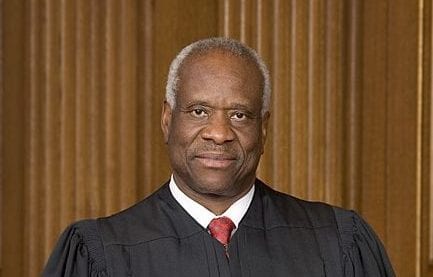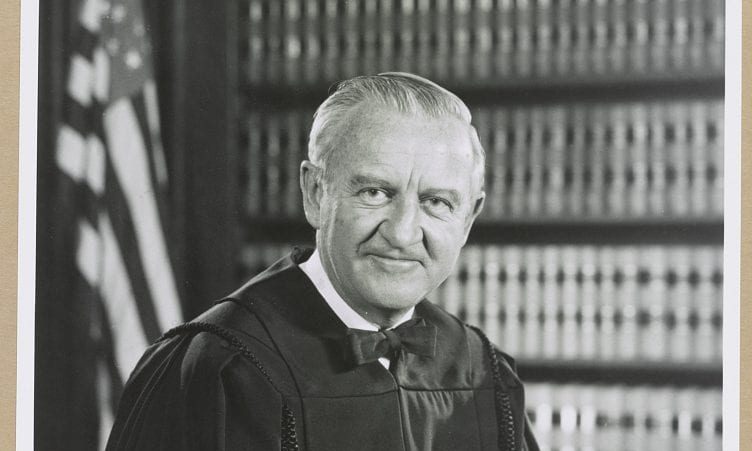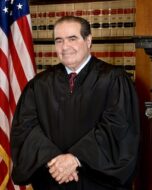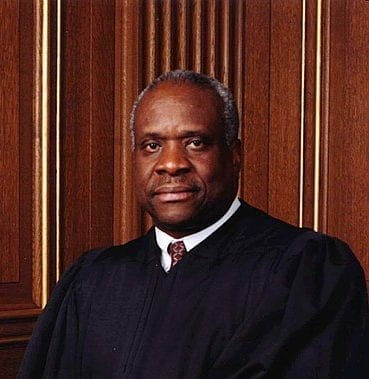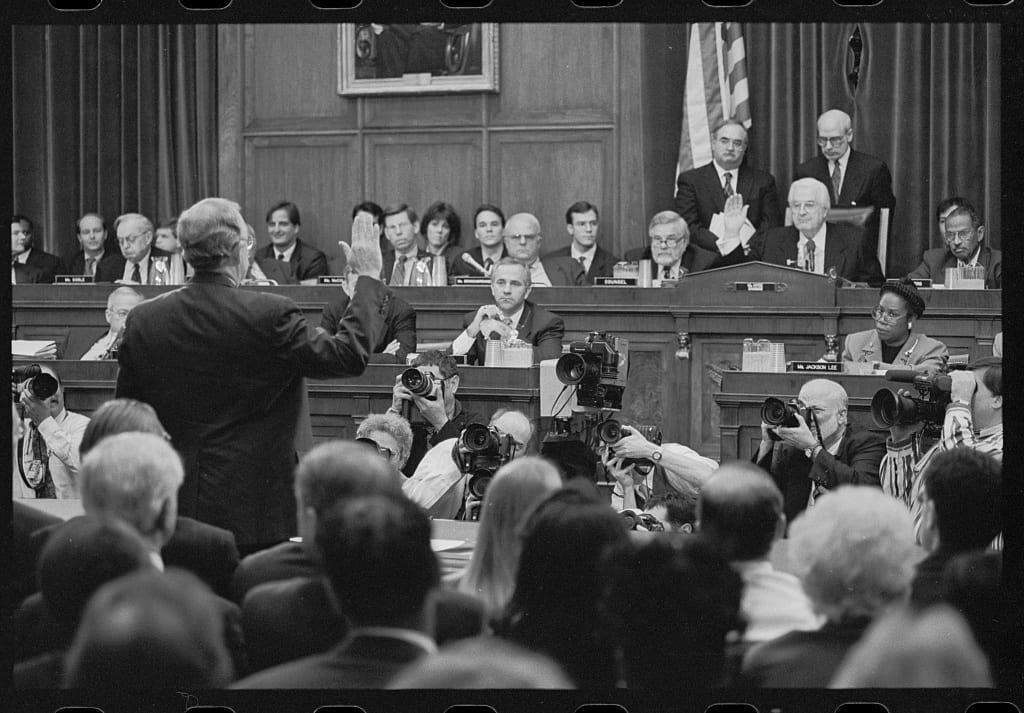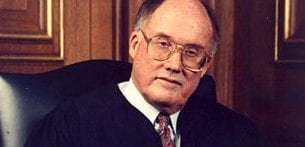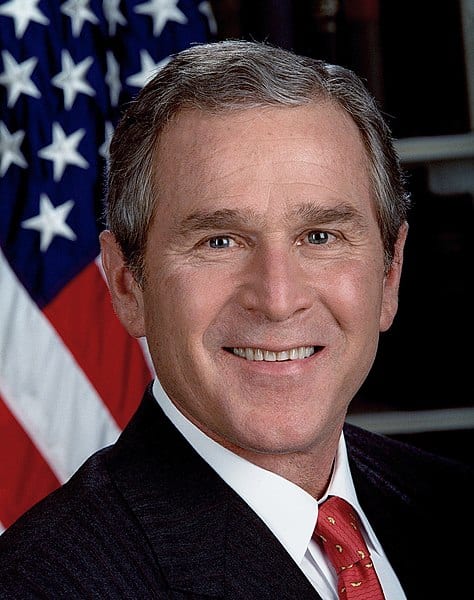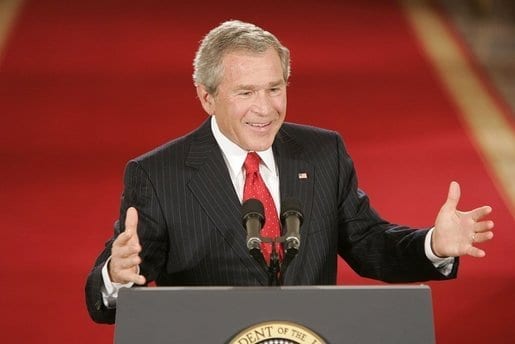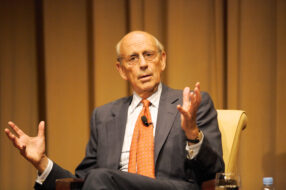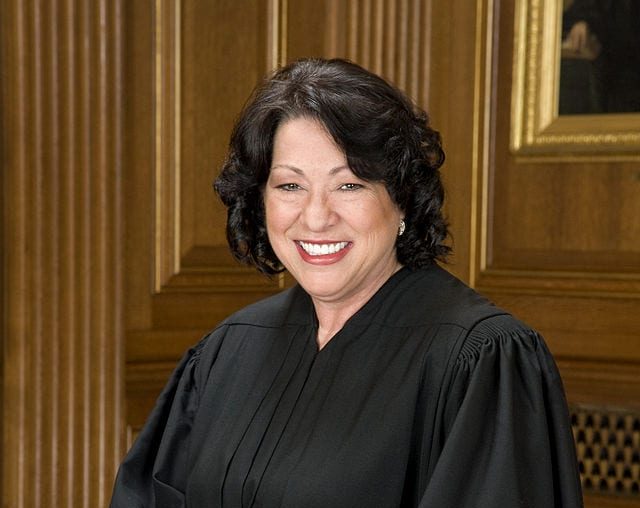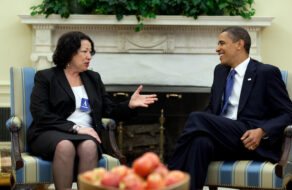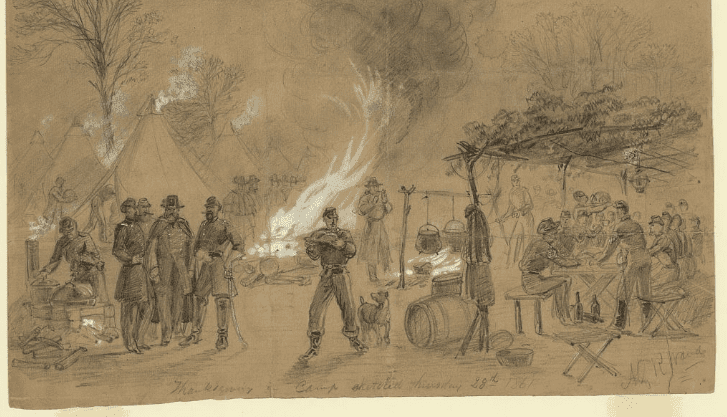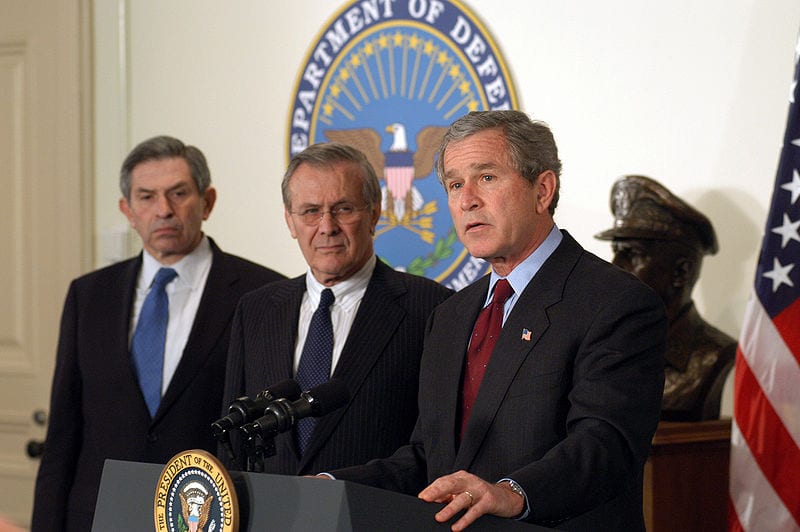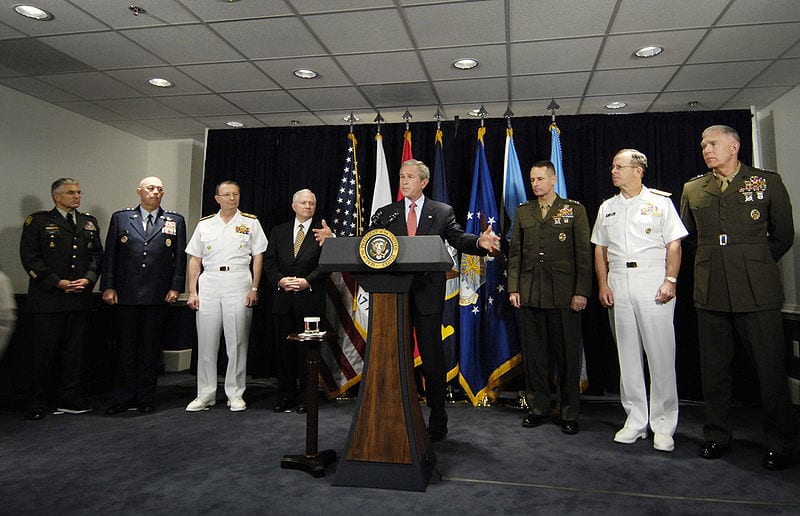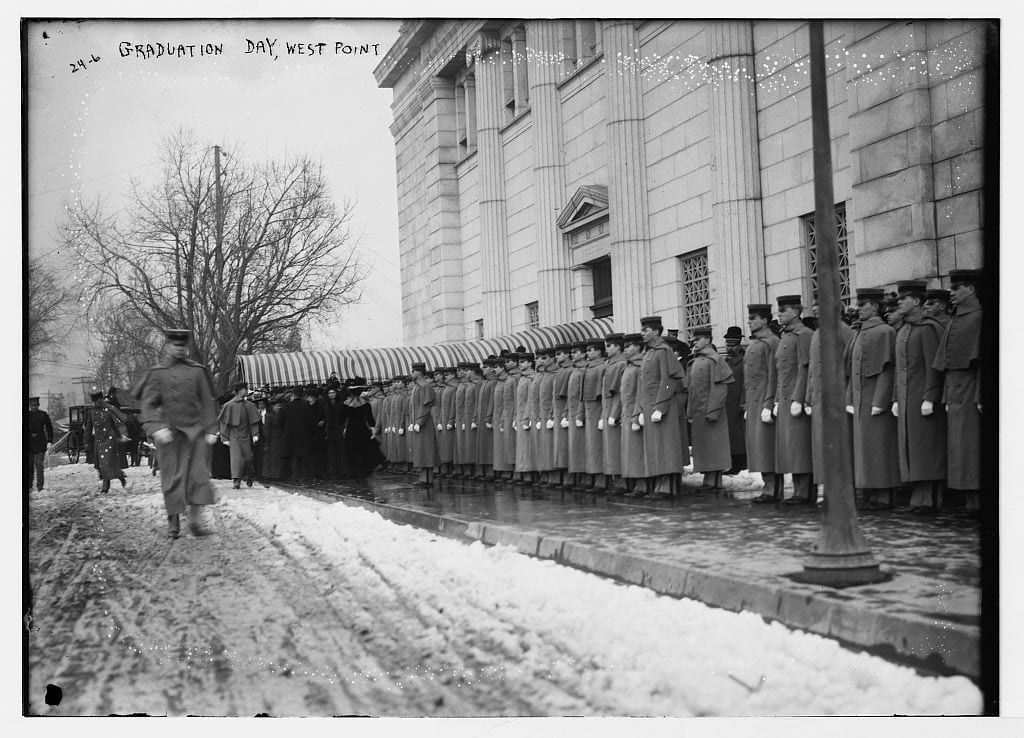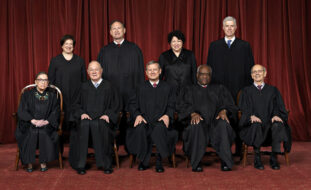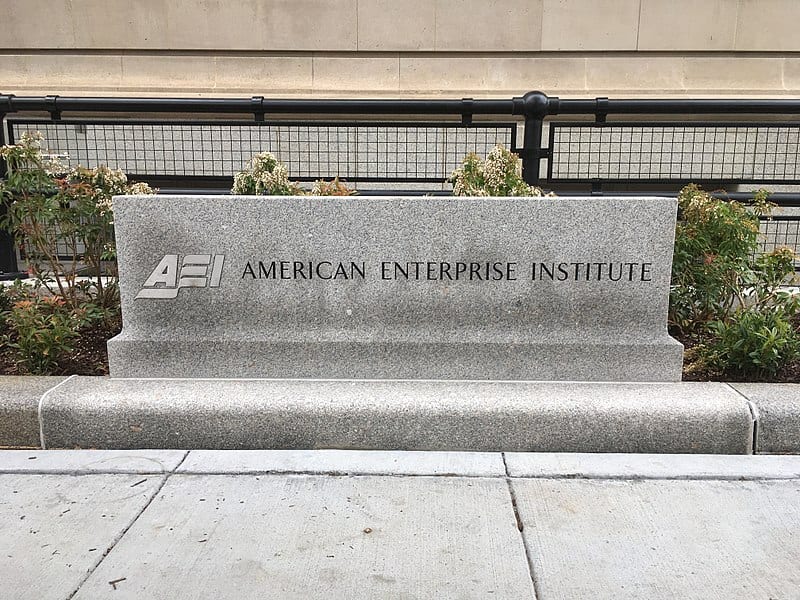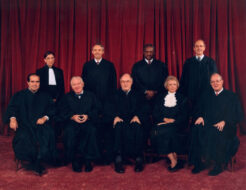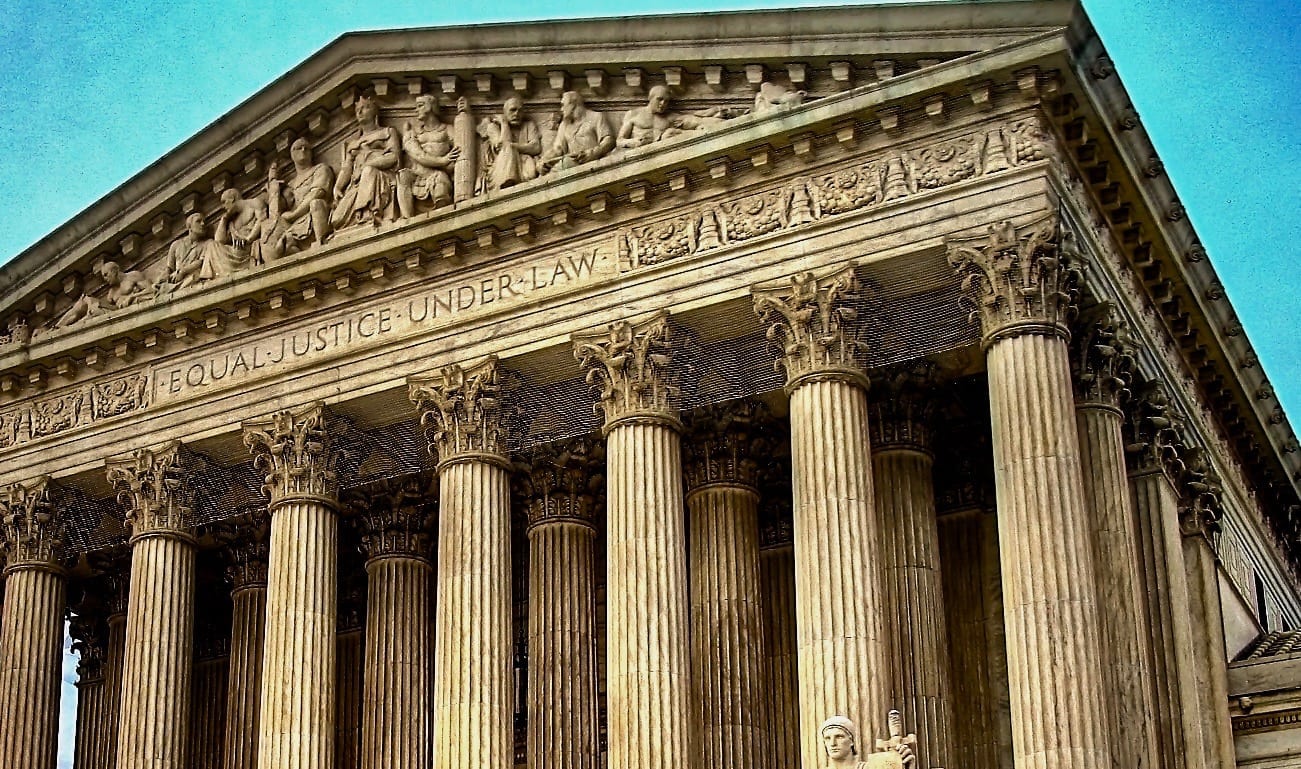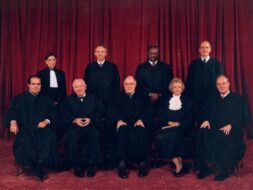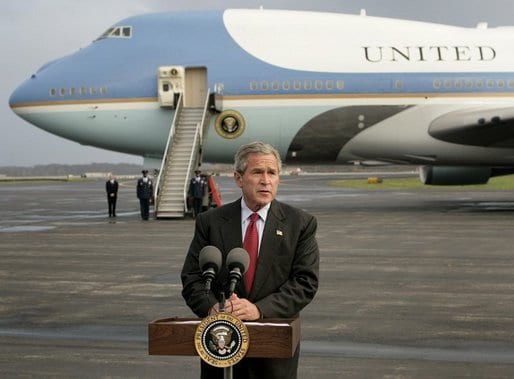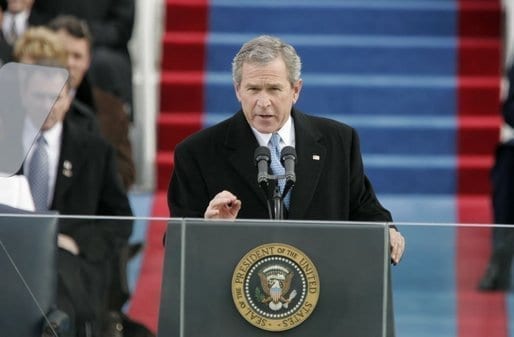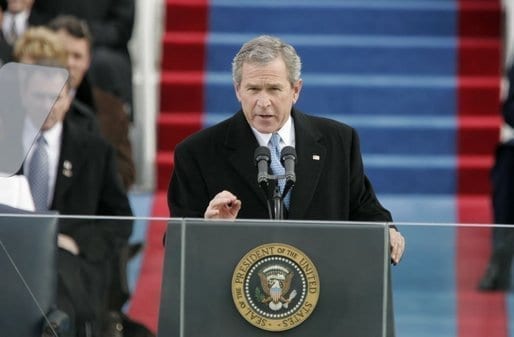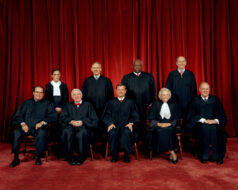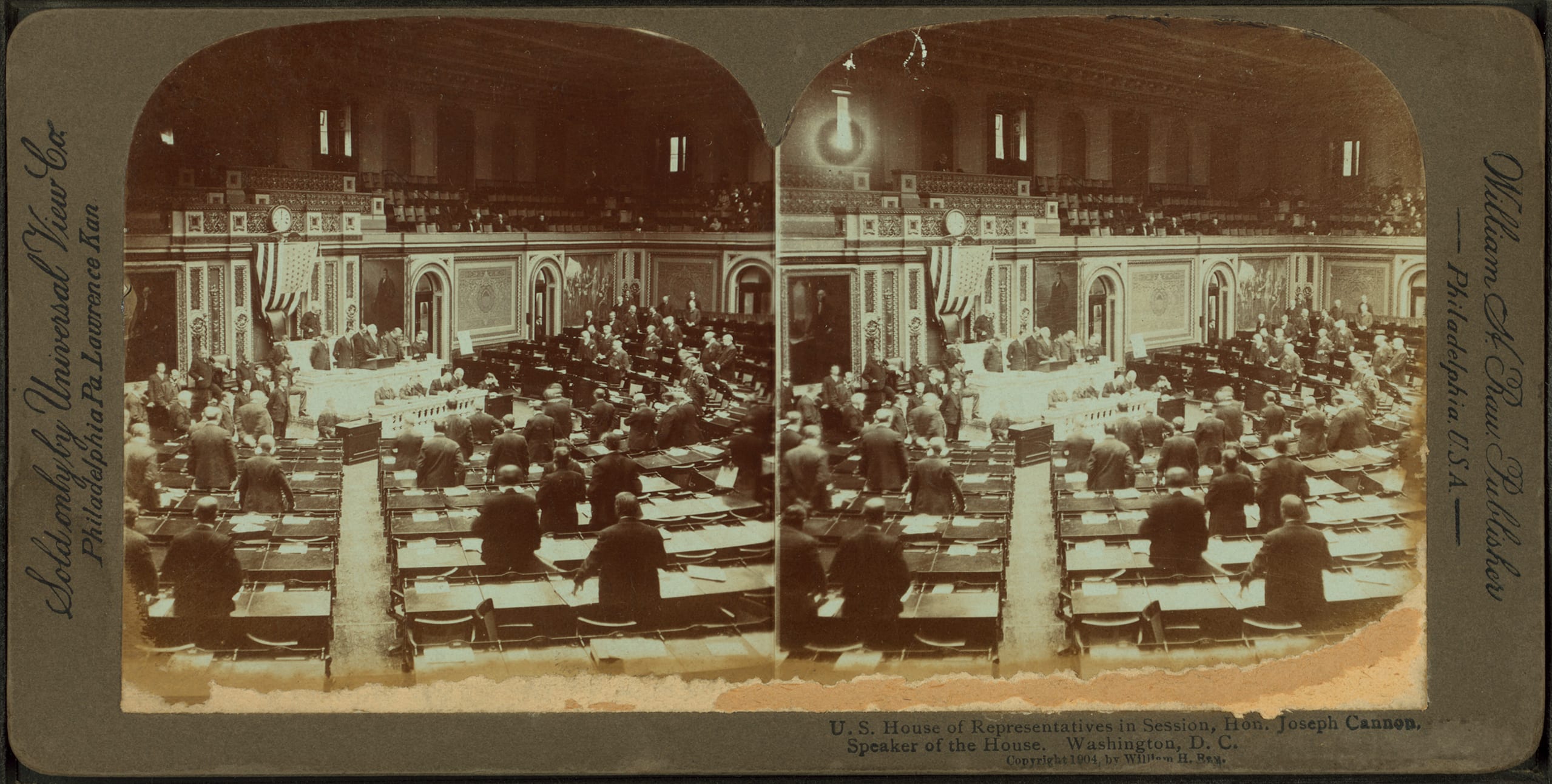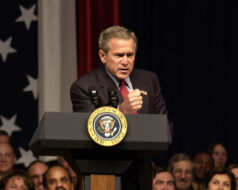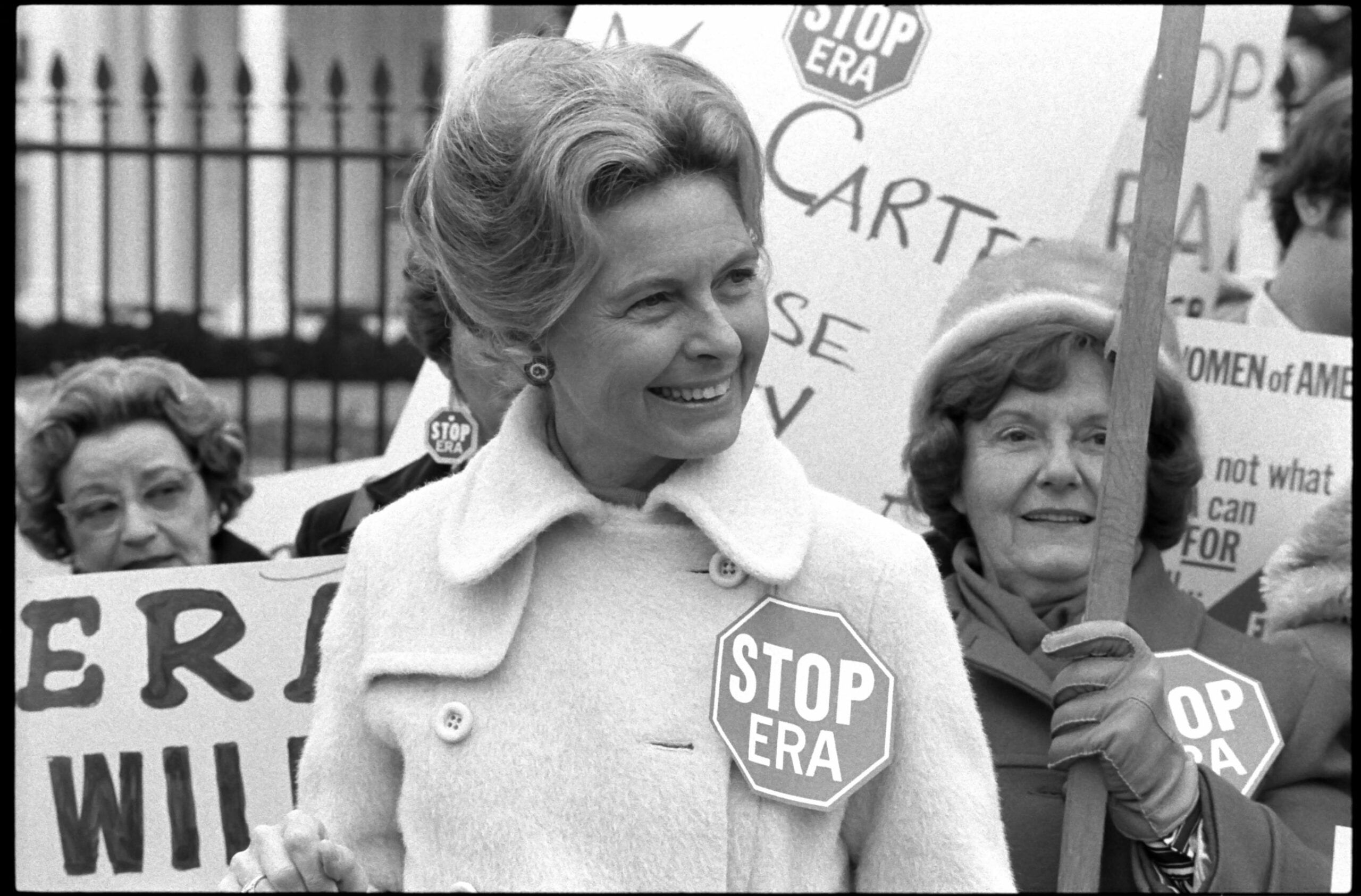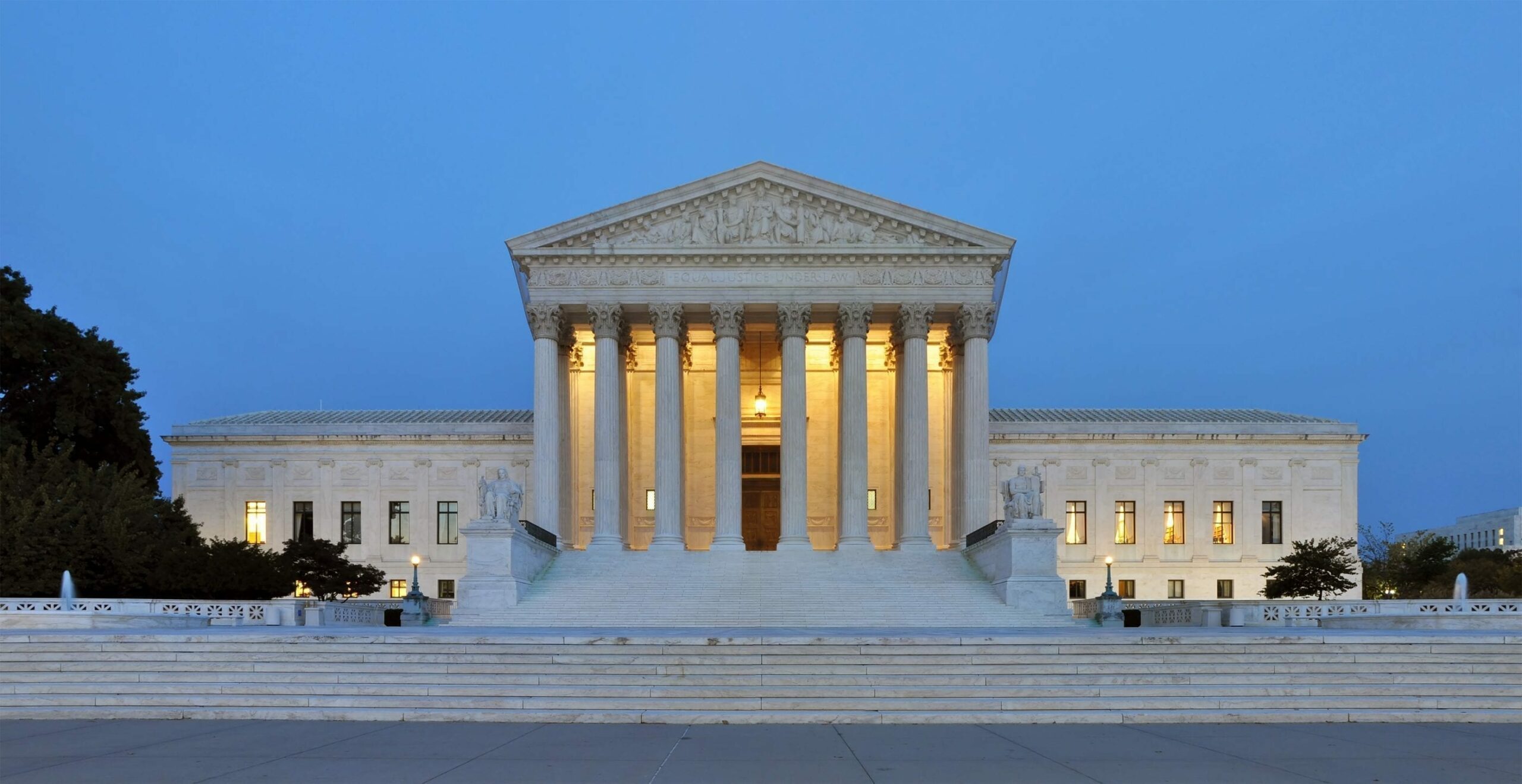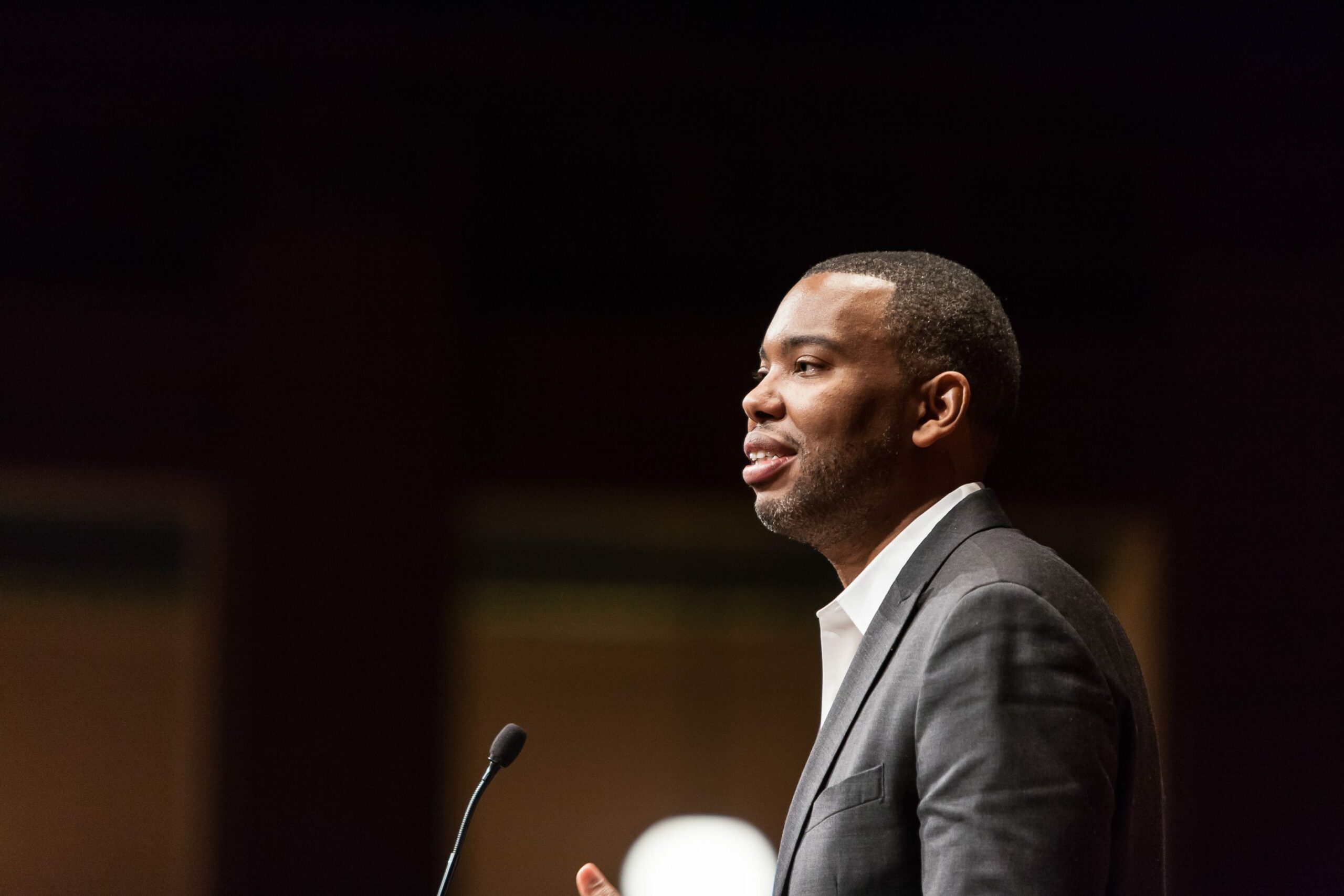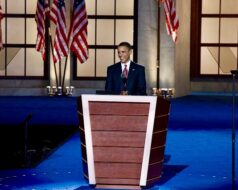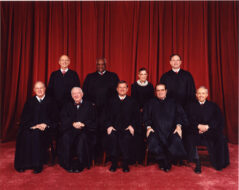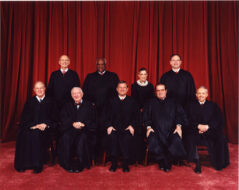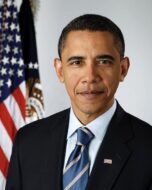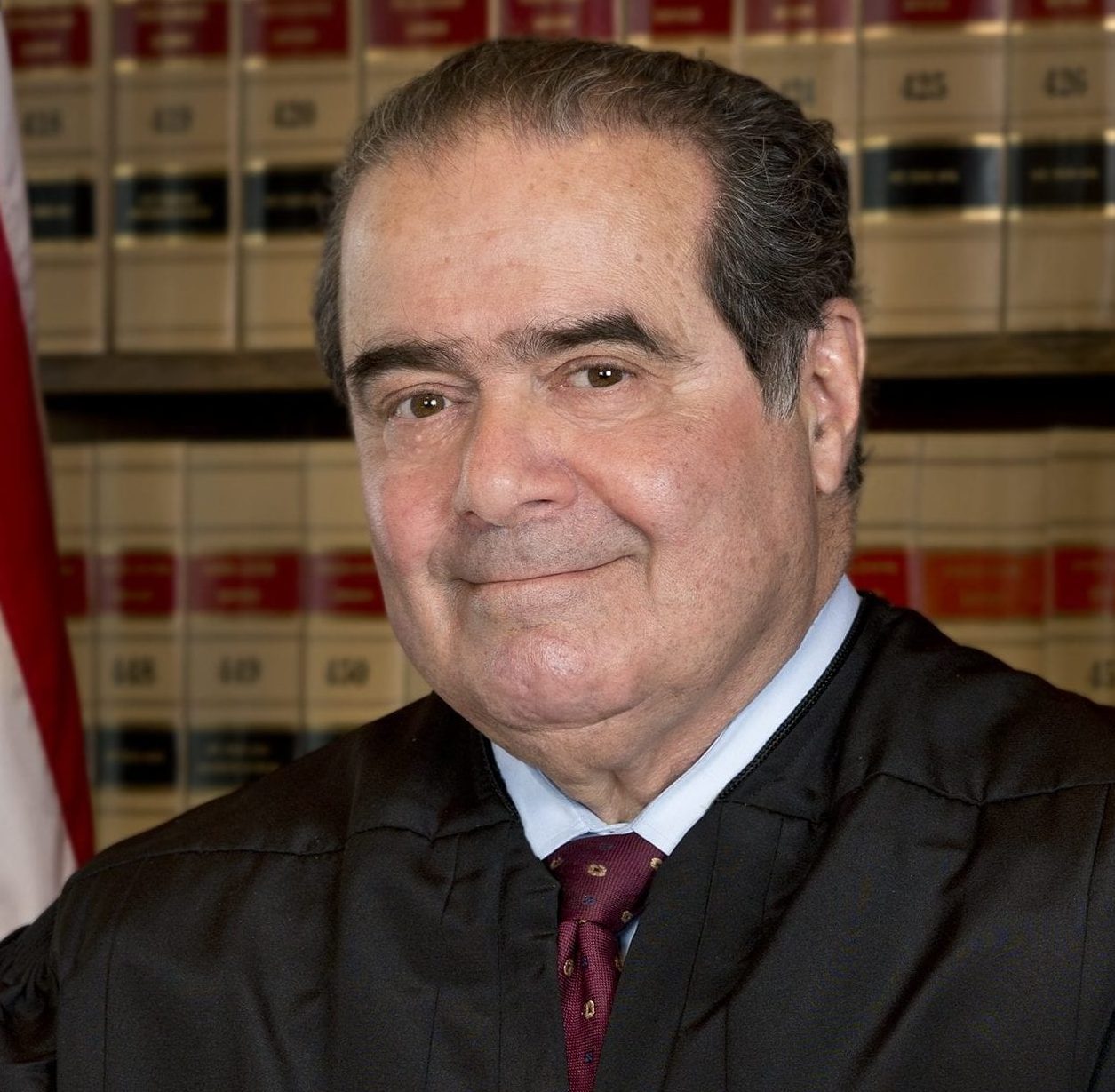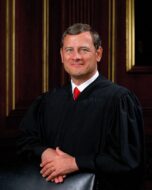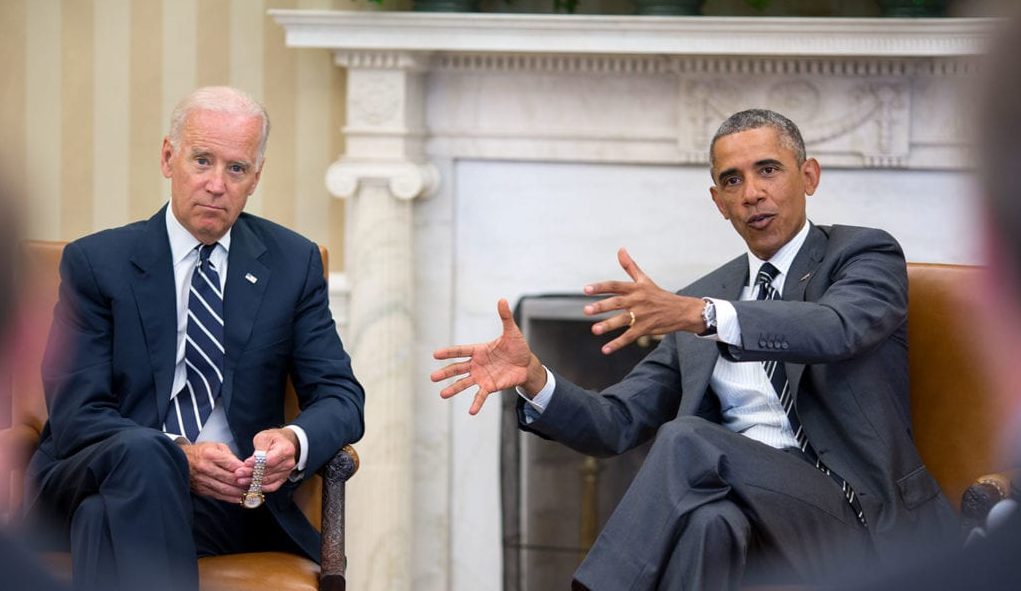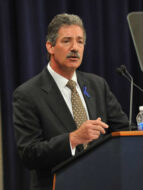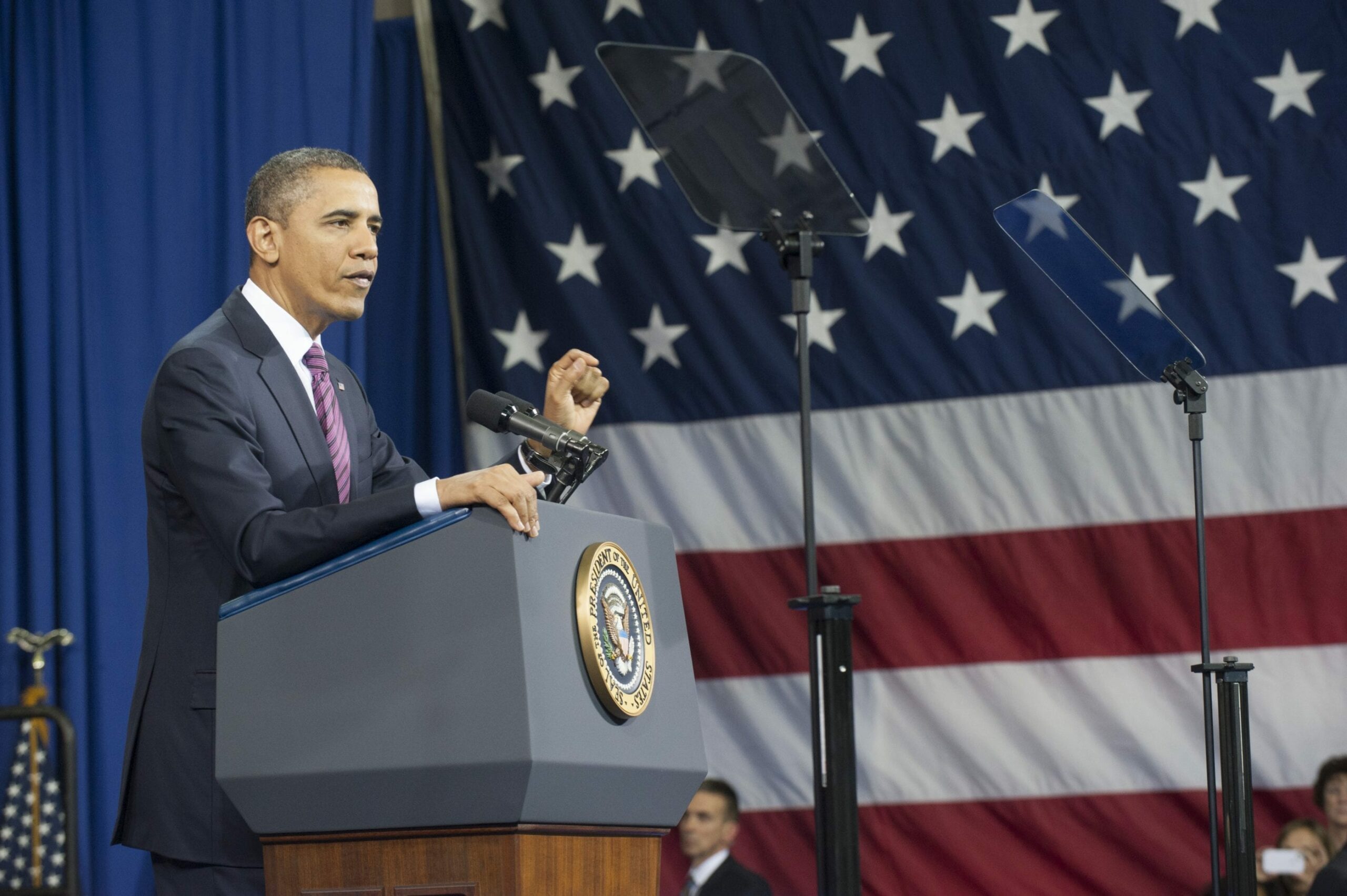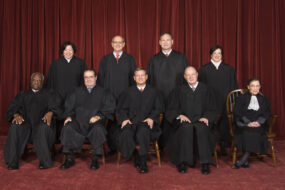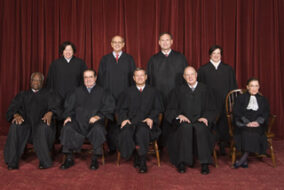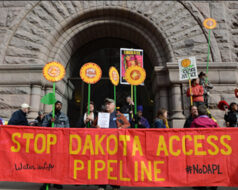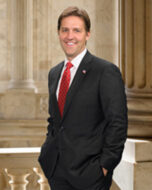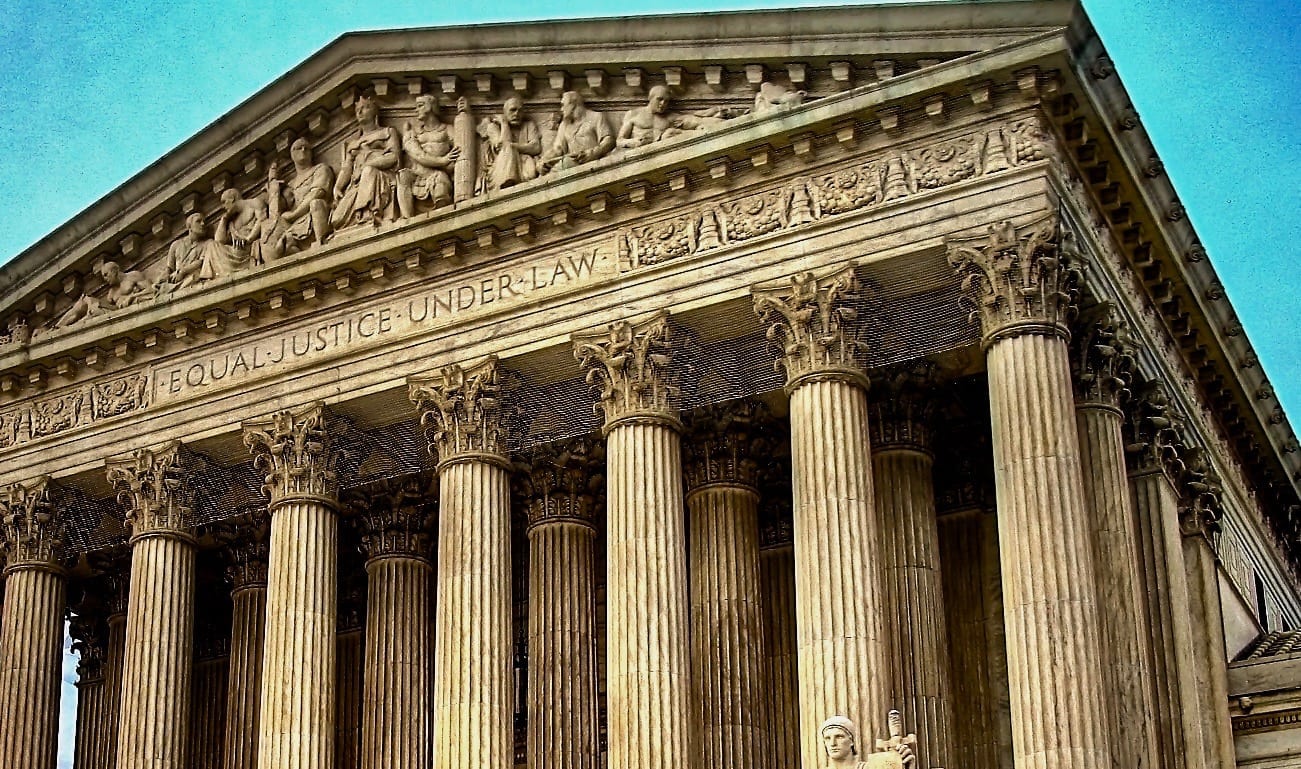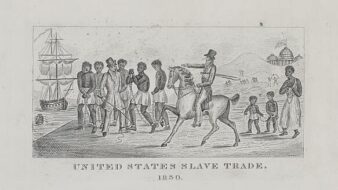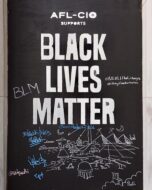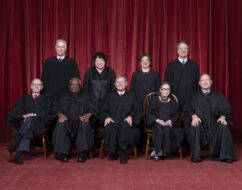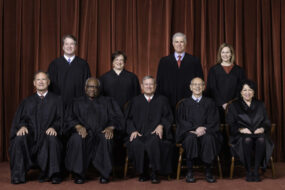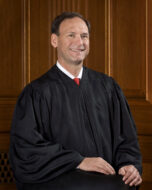Introduction
The Bipartisan Campaign Reform Act (BCRA), also known as the McCain-Feingold Act, altered the Federal Election Campaign Act to prohibit corporations and unions from using their general treasury to fund “electioneering communications.” This referred to political advertisements that mention a candidate in any context. The alteration applied thirty days before a primary election and sixty days before a general election. Citizens United, a conservative nonprofit organization, sought to run television commercials to promote its documentary about Hillary Clinton, Hillary: The Movie, shortly before the Democratic primary. This decision, however, ran afoul of the BCRA requirements. Citizens United sought injunctive relief, arguing that BCRA was unconstitutional as it applied to the movie, and that BCRA’s disclaimer, disclosure, and reporting requirements were unconstitutional as applied to Hillary and the ads promoting the film. The district court issued a preliminary injunction but granted the Federal Election Commission summary judgment. For parties, the significance of the decision was to open up sources of funding for political activities, particularly from corporations, which the court held had a First Amendment right to contribute to political campaigns. Critics of the decision argued that it would be much more difficult to regulate the amount of money being funneled into campaigns and corporations with deep pockets would be able to influence elections more easily. But parties generally supported the decision and saw new avenues to fund their election activities.
—Eric C. Sands
Source: Citizens United v. Federal Election Commission, 558 U.S. 310 (2010). Legal Information Institute, Cornell Law School.
APPEAL FROM THE UNITED STATES DISTRICT COURT FOR THE DISTRICT OF COLUMBIA
No. 08-205. Argued March 24, 2009—Reargued September 9, 2009—Decided January 21, 2010
… In January 2008, appellant Citizens United, a nonprofit corporation, released a documentary (hereinafter Hillary) critical of then-Senator Hillary Clinton, a candidate for her party’s Presidential nomination. Anticipating that it would make Hillary available on cable television through video-on-demand within 30 days of primary elections, Citizens United produced television ads to run on broadcast and cable television. Concerned about possible civil and criminal penalties for violating BCRA, it sought declaratory and injunctive relief, arguing that (1) §441b of BCRA is unconstitutional as applied to Hillary; and (2) BCRA’s disclaimer, disclosure, and reporting requirements, BCRA §§201 and 311, were unconstitutional as applied to Hillary and the ads. The District Court denied Citizens United a preliminary injunction and granted appellee Federal Election Commission (FEC) summary judgment.
Held:
… (a) Although the First Amendment provides that “Congress shall make no law … abridging the freedom of speech,” §441b’s prohibition on corporate independent expenditures is an outright ban on speech, backed by criminal sanctions. It is a ban notwithstanding the fact that a PAC[2] created by a corporation can still speak, for a PAC is a separate association from the corporation. Because speech is an essential mechanism of democracy—it is the means to hold officials accountable to the people—political speech must prevail against laws that would suppress it by design or inadvertence. Laws burdening such speech are subject to strict scrutiny, which requires the Government to prove that the restriction “furthers a compelling interest and is narrowly tailored to achieve that interest.” This language provides a sufficient framework for protecting the interests in this case. Premised on mistrust of governmental power, the First Amendment stands against attempts to disfavor certain subjects or viewpoints or to distinguish among different speakers, which may be a means to control content. The Government may also commit a constitutional wrong when by law it identifies certain preferred speakers. There is no basis for the proposition that, in the political speech context, the Government may impose restrictions on certain disfavored speakers. Both history and logic lead to this conclusion….
(b) The Court has recognized that the First Amendment applies to corporations, e.g., First Nat. Bank of Boston v. Bellotti,[3] 435 U. S. 765, 778, n. 14, and extended this protection to the context of political speech.…
… Bellotti reaffirmed the First Amendment principle that the Government lacks the power to restrict political speech based on the speaker’s corporate identity….
… (2) This reasoning also shows the invalidity of the Government’s other arguments. It reasons that corporate political speech can be banned to prevent corruption or its appearance…. While a single Bellotti footnote purported to leave the question open, 435 U. S., at 788, n. 26, this Court now concludes that independent expenditures, including those made by corporations, do not give rise to corruption or the appearance of corruption. That speakers may have influence over or access to elected officials does not mean that those officials are corrupt. And the appearance of influence or access will not cause the electorate to lose faith in this democracy….
… (4) Because §441b is not limited to corporations or associations created in foreign countries or funded predominately by foreign shareholders, it would be overbroad even if the Court were to recognize a compelling governmental interest in limiting foreign influence over the Nation’s political process….
… (b) The disclaimer and disclosure requirements are valid as applied to Citizens United’s ads. They fall within BCRA’s “electioneering communication” definition: They referred to then-Senator Clinton by name shortly before a primary and contained pejorative references to her candidacy…. At the very least, they avoid confusion by making clear that the ads are not funded by a candidate or political party. Citizens United’s arguments that §311 is underinclusive[4] because it requires disclaimers for broadcast advertisements but not for print or Internet advertising and that §311 decreases the quantity and effectiveness of the group’s speech were rejected…. This Court also rejects their contention that §201’s disclosure requirements must be confined to speech that is the functional equivalent of express advocacy under WRTL’s[5] test for restrictions on independent expenditures…. Disclosure is the less-restrictive alternative to more comprehensive speech regulations…. Citizens United’s argument that no informational interest justifies applying §201 to its ads is similar to the argument this Court rejected with regard to disclaimers. Citizens United finally claims that disclosure requirements can chill donations by exposing donors to retaliation, but offers no evidence that its members face the type of threats, harassment, or reprisals that might make §201 unconstitutional as applied….
(c) For these same reasons, this Court affirms the application of the §§201 and 311 disclaimer and disclosure requirements to Hillary….
Reversed in part, affirmed in part, and remanded.


